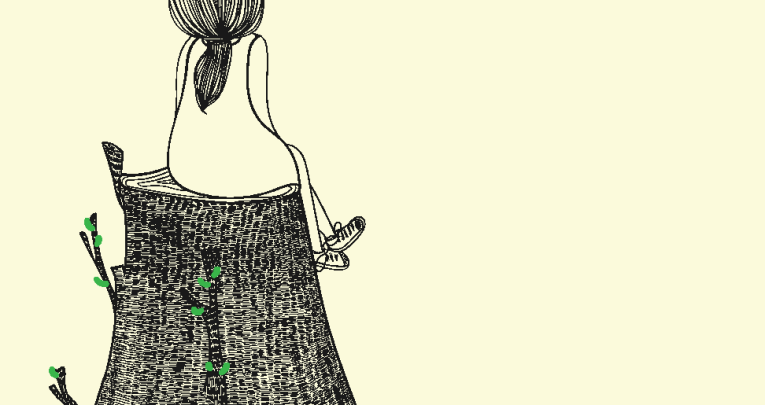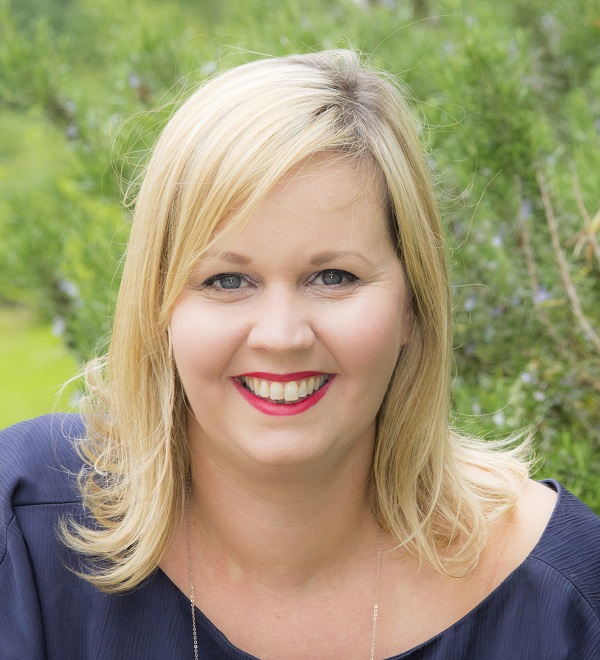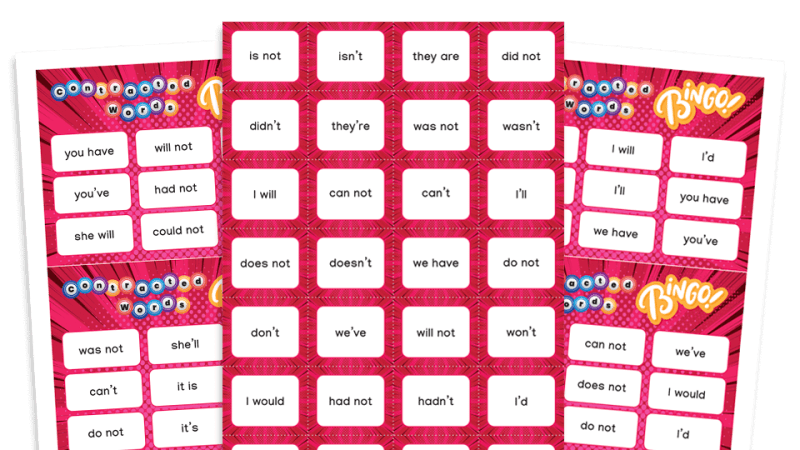Children Have an Amazing Capacity to Absorb New Skills, But Let’s Not Forget that Learning is a Complicated Business

I wish I had a child’s brain, says Carley Sefton…

I’m a few months into my new role at Learning through Landscapes and, I hope, I’m finally beginning to find my feet.
As I’m sure you can imagine I’ve spent weeks reading countless spreadsheets and policies, and have had numerous exciting conversations with my new team. I’m happy but exhausted, and think I may be suffering from information overload.
I had forgotten how tiring learning something new is. Each day has been filled with fresh challenges and meetings with many delightful people. Everybody I’m introduced to I want to greet with a smile, remember their name and leave a good impression.
It has made me stop and consider how much we expect from our children, and I now appreciate how we all are constantly learning new skills, both soft and measureable.
It is an accepted part of human development that a child’s brain ‘learns better’ than an adult’s – by the end of childhood the brain’s circuits begins to settle, making it harder for us to adapt to complex new skills.
There have been countless research studies undertaken into why this is, and exploring how we might train the adult brain to learn ‘like a child’s’.
Yet when working with children on a day-to-day basis, it’s easy to forget how much their bodies and brains must go through, and the amount of knowledge they absorb and retain on their journey to adulthood.
In the early years setting I worked within previously, I would often hear parents remark, “He seems a bit tired today.
I’m not sure why – we haven’t done anything!” I was always tempted to remind them of all the things he had done, all those little things he had learnt that didn’t need ticking off as developmental milestones yet were just as important to his overall wellbeing.
Always keen to stress that each child is an individual who will develop at his/her own pace, I’m conscious of how many parents compared their child’s abilities to other children – be they friends, relatives or fellow class members – leading to unnecessary worry that the child was lagging ‘behind’ in some way or another, often without consideration given to the individual’s strengths and weaknesses.
I’m concerned that we focus too much on children’s progress that is tracked, monitored and evaluated, forgetting that so many of the skills we teach cannot be categorised.
These untrackable ‘soft’ skills are some of the most valuable we will ever learn, and many of them are acquired in early years settings, where each child should be developing at their own pace.
In spring this year the Times Educational Supplement published an article entitled ‘If soft skills really matter then we should try to measure them’ – the article is very good but the headline affirms our obsession with measurable outcomes.
Some practitioners have told me they are put off outdoor learning because it’s ‘harder to track progress’. In one early years setting, they didn’t like to set up ‘observation classes’ outside because the Wi-Fi didn’t work in that environment, meaning they could not complete their online tracking during the session.
It can be hard to find the balance when there is so much pressure to monitor and evaluate outcomes and progress, not only for the purpose of Ofsted but for parents, who often expect and request such data.
However, research strongly suggests that allowing children to discover and learn at their own pace, in their own way, is a crucial part of their individual development.
Jean Piaget said, “Each time one prematurely teaches a child something he could have discovered himself, that child is kept from inventing it and consequently from understanding it completely.”
The challenge as practitioners is to find the balance between assessment, individual development and still having fun, a challenge I do not envy.
Certainly, as I go back to the amazing learning curve in my career, I hope that no one is tracking my outcomes too closely over the coming months, and that, like a child, I’m given time to develop, learn and reflect at my own pace – hopefully without too many mistakes…
Carley Sefton is the new CEO of Learning Through Landscapes, a UK charity dedicated to enhancing outdoor learning and play for children. For services and resources for early years settings, visit ltl.org.uk.












